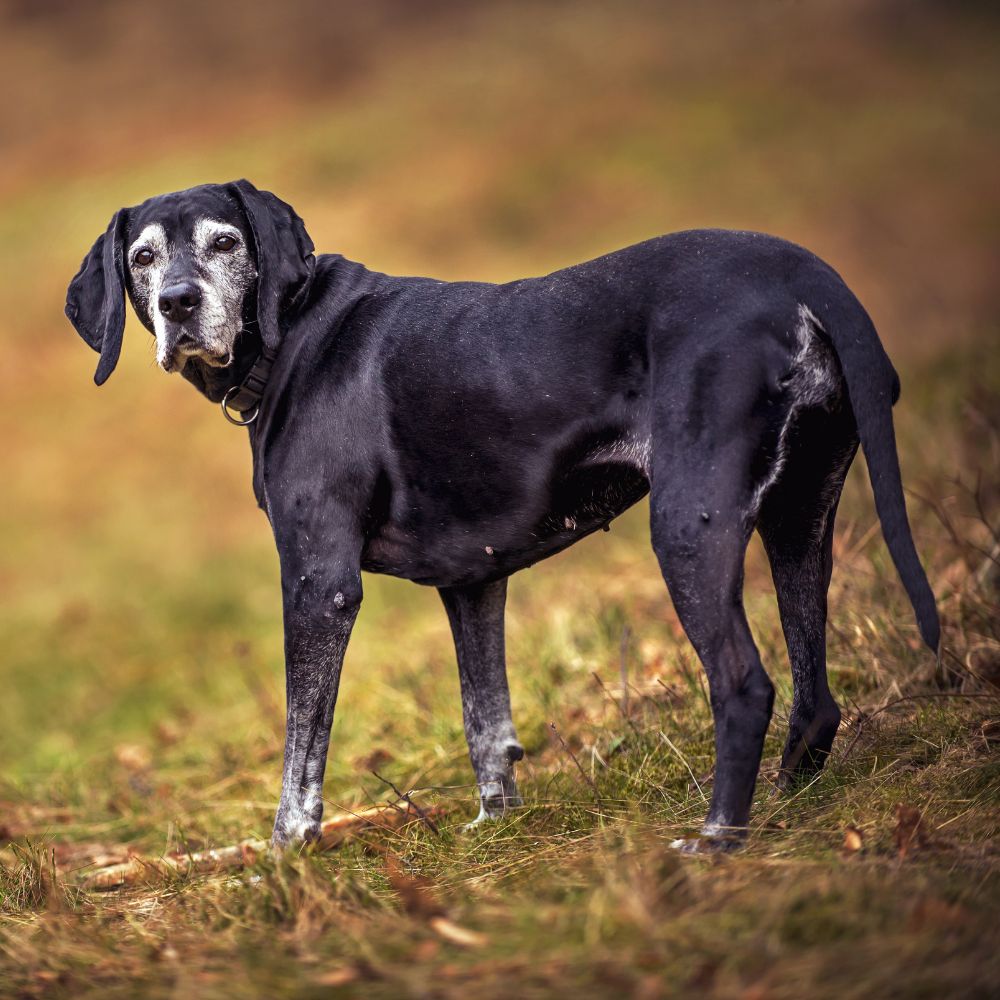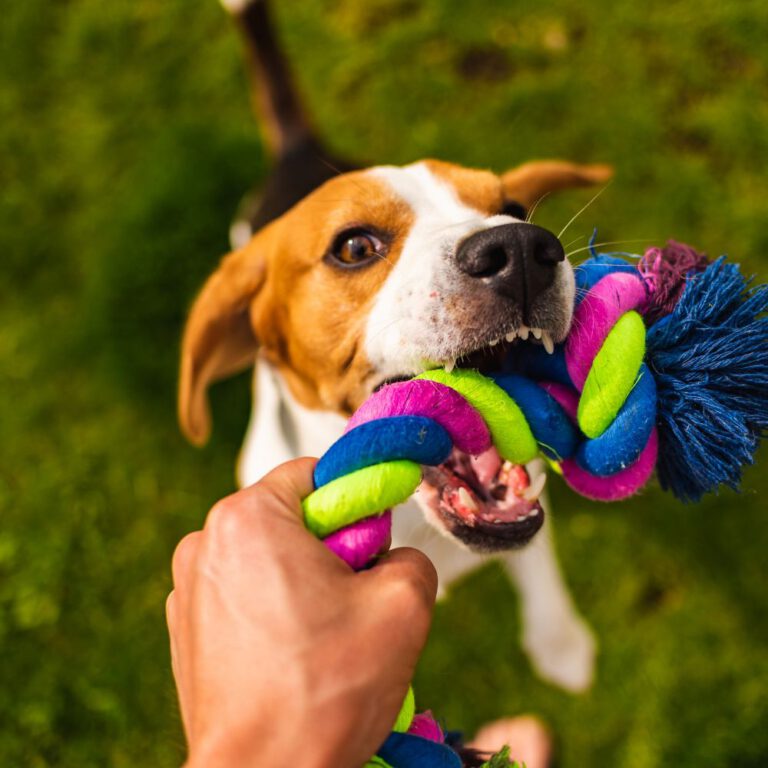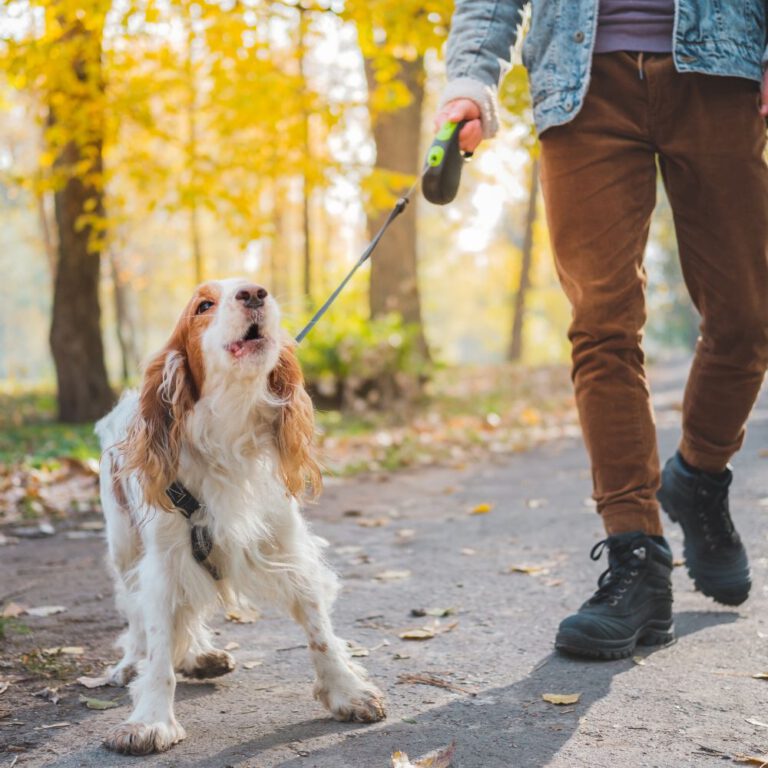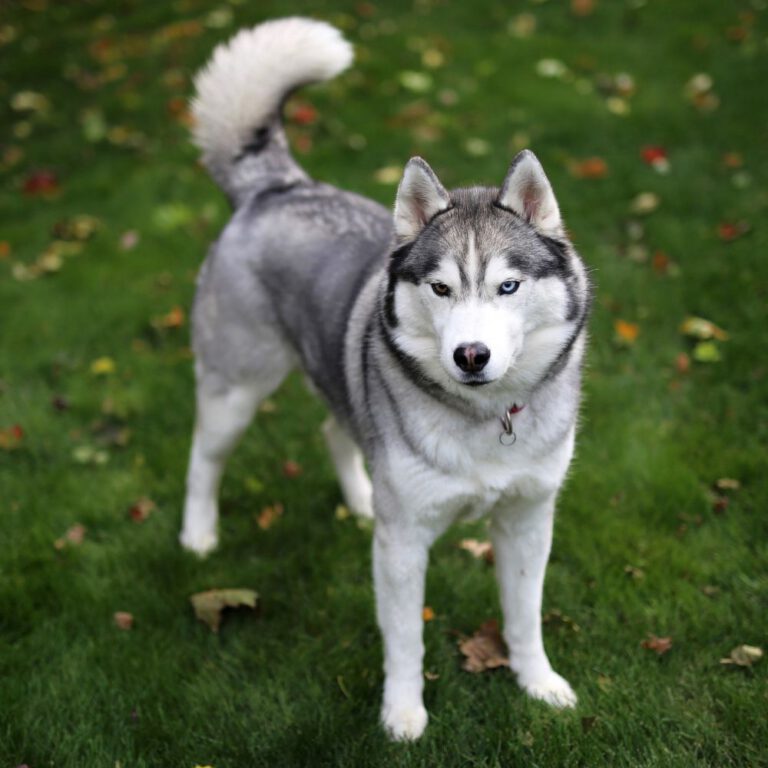Tips for Caring for Aging Dogs

As our dogs age, their needs change, requiring adjustments in their care to ensure they remain healthy, comfortable, and active. Here are essential tips to help you care for your aging dog, focusing on managing arthritis, making dietary adjustments, and maintaining mobility:
Understanding Aging in Dogs
Just like humans, dogs experience changes as they age. Common issues include arthritis, reduced mobility, and changes in dietary requirements. Understanding these changes allows you to provide the best care for your senior canine companion.
Managing Arthritis and Joint Health
Arthritis is a common condition in aging dogs, causing pain and stiffness in joints. Here’s how to manage it effectively:
- Veterinary Care: Regular veterinary check-ups are crucial for early detection and management of arthritis. Your vet may recommend medications, supplements (like glucosamine and chondroitin), or therapies to alleviate pain and inflammation.
- Comfortable Environment: Provide a soft and supportive bed to cushion achy joints. Consider ramps or steps to help your dog access elevated surfaces more comfortably.
- Gentle Exercise: Low-impact activities like short walks, swimming, or physical therapy exercises can help maintain joint flexibility and muscle strength without exacerbating pain.
Dietary Adjustments
As dogs age, their nutritional needs change. Consider these dietary adjustments for your senior dog:
- Quality Senior Food: Switch to a senior-specific diet formulated with reduced calories, higher fiber for digestive health, and joint-supporting ingredients like Omega-3 fatty acids.
- Moderate Protein: Maintain adequate protein levels to support muscle mass, but opt for easily digestible sources to ease strain on the kidneys.
- Hydration: Ensure your dog has access to fresh water at all times to support kidney function and overall health.
Maintaining Mobility and Exercise
Regular exercise is vital for maintaining mobility and overall well-being in senior dogs:
- Adapt Exercise: Adjust the intensity and duration of exercise based on your dog’s stamina and health condition. Shorter, more frequent walks or gentle play sessions are ideal.
- Environmental Modifications: Remove obstacles and provide non-slip surfaces in your home to prevent falls and injuries.
- Physical Therapy: Consider physical therapy or massage to improve circulation, reduce stiffness, and promote relaxation.

Regular Veterinary Check-ups
Scheduled veterinary visits are crucial for monitoring your aging dog’s health:
- Routine Exams: Regular check-ups allow your vet to assess your dog’s overall health, detect age-related issues early, and adjust care accordingly.
- Diagnostic Testing: Blood tests, urine analysis, and imaging may be recommended to screen for conditions like kidney disease or cancer that are more common in older dogs.
Dental Care
Dental health is important for dogs of all ages, but especially seniors who may be prone to dental disease:
- Regular Brushing: Brush your dog’s teeth regularly to prevent plaque buildup and periodontal disease.
- Dental Treats: Provide dental chews or toys designed to promote oral hygiene and reduce tartar and plaque.
Mental Stimulation and Emotional Well-being
Keep your senior dog’s mind active and engaged to promote overall happiness:
- Interactive Toys: Provide puzzle toys or treat-dispensing toys to stimulate their mind and provide mental enrichment.
- Quality Time: Spend time bonding with your dog through gentle grooming sessions, cuddling, or simply enjoying their company.
Conclusion
Caring for an aging dog requires attention to their changing needs and adjustments in their care routine. By managing arthritis with veterinary guidance, making appropriate dietary adjustments, maintaining mobility through gentle exercise and physical therapy, scheduling regular veterinary check-ups, and promoting dental health and mental stimulation, you can ensure your senior dog enjoys a comfortable and fulfilling life in their golden years. With love, patience, and proactive care, you can continue to cherish the companionship of your faithful canine friend for years to come.
Related Articles
- Common Health Problems in Dogs and How to Prevent Them
- Discovering Longevity: The Healthiest Dog Breeds
- The Benefits of Regular Exercise for Dogs
- Handling Common Behavioral Issues in Dogs
- Top 10 Family-Friendly Dog Breeds






